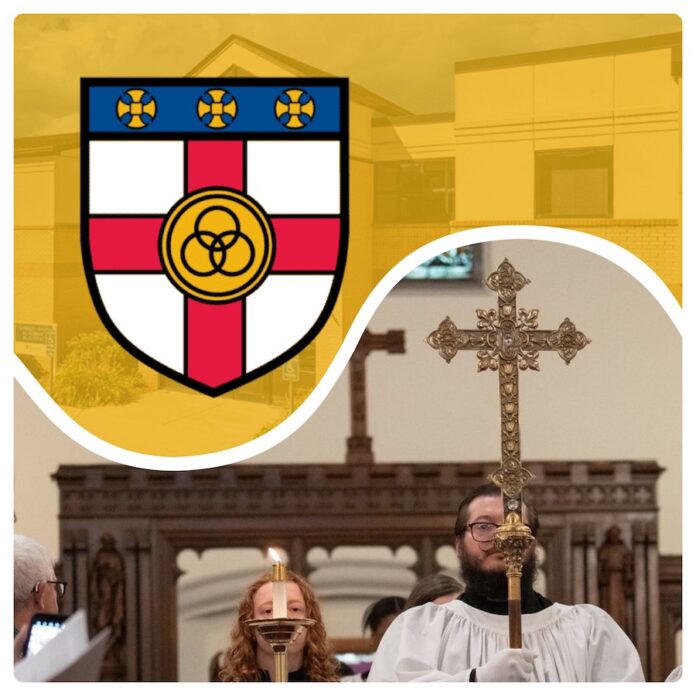This week a seminary formerly affiliated with the Episcopal Church announced that it is changing its name. Trinity School for Ministry of Ambridge, Pennsylvania will now be known as Trinity Anglican Seminary.
Founded as Trinity Episcopal School for Ministry in 1975, the school dropped the word “Episcopal” on some of its printed materials in 2007. Trinity, which exists as an independent institution, quietly disaffiliated from The Episcopal Church in January 2022 without public announcement. It has been a season of growth for the school, which in early May reported an 89 percent increase in applications over the previous year. According to the Association of Theological Schools, Trinity counted an enrollment of 143 in the 2023-2024 academic year.
The change to incorporate the word “Anglican” is noteworthy for its inclusion in the institution’s name. It comes as other Protestant institutions increasingly eschew such labels as denominational affiliation becomes less marketable and nondenominational Christianity grows.
Examples could include Cornerstone University (formerly Grand Rapids Baptist Bible College and Seminary), Houston Christian University (formerly Houston Baptist University) or the significant number of formerly United Methodist churches that have renamed themselves to a broadly Christian name despite reaffiliation with the Global Methodist Church.
Anglicanism – almost uniquely among Protestant churches in North America – seems to have a brand that some expressly seek out. That differs from, for example, Baptists, who seem to be jettisoning their title from church names even as their ecclesiology has become dominant in American expressions of Protestant Christianity.
How many of us live near a First Baptist Church that has been re-styled with a single-word name, or Baptist swapped out for “Bible” or “Community”?
“By identifying as Anglican, we are not claiming a denomination so much as identifying with the historic, catholic faith which comes down to us through the English church,” Trinity Dean and President Bryan C. Hollon shared in e-mail comments, noting Anglicanism’s catholic ecclesiology. “We are a little more like Roman Catholic and Orthodox christians for whom it seems obvious to include our ecclesial tradition in our name.”
Trinity has carved out a growing niche within the North American realignment of mainline Protestant Christianity. In addition to continuing to educate Episcopalians, the school prepares for ministry students from the Anglican Church in North America (ACNA), the Evangelical Presbyterian Church (EPC) and the North American Lutheran Church (NALC), as well as international students.
Anglicans, Hollon suspects, “care more about historical continuity, and embracing the name is evidence of that.”
I’ve observed several churches – including a few in my own Anglican diocese – that have added the word “Anglican” into their name. Some clergy have noted to me that it made it easier for those searching online – often the first step for church visitors – to find them.
“As a UK colleague of mine says, the parish is ‘what it says on the tin.’ In other words, it’s honest advertising,” former IRD colleague and St. Jude’s Anglican Church rector Bart Gingerich shared with me. “The kinds of folks that would blanch at the Anglican label or, more likely, the patron saint name probably wouldn’t like what we’re offering anyway.”
Gingerich notes that many historic parishes in Virginia, where he ministers, never saw it necessary to add the denominational descriptor, existing in a context of establishment.
“However, we live in a multi-denominational/confessional context, and, in the Anglican world, one marked by conflict over doctrine and morals,” Gingerich adds. Parishes including The Falls Church have expressly added the Anglican name, as have others that exited the Episcopal denomination. That said, some ACNA church plants launched with more generic Christian names have more recently restyled themselves with Anglican in the title.
Does this line up with what you’re observing? Let me know in the comments section below.



